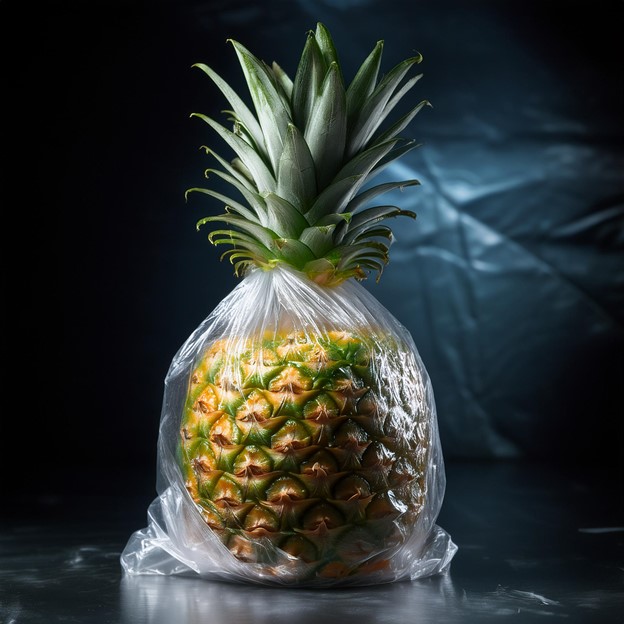 A recent study conducted by researchers at Istanbul Medeniyet University focuses on a novel method for producing eco-friendly bioplastics directly from agricultural waste, eliminating the need for lengthy purification processes.
A recent study conducted by researchers at Istanbul Medeniyet University focuses on a novel method for producing eco-friendly bioplastics directly from agricultural waste, eliminating the need for lengthy purification processes.
The researchers converted four different agricultural wastes - hemp, pineapple leaves, parsley stems, and walnut shells - into biofilms by using environmentally friendly solvents, with an approach that offers a sustainable alternative to conventional plastics. The walnut shells could not be regenerated into a film form; nonetheless, films were produced from hemp, pineapple leaves, and parsley stems.
Central to the success of the research are the Synchrotron FTIR Microspectroscopy (SR-µFTIR) measurements conducted at SESAME's IR beamline, which provided precise characterization of the structural components of the bioplastics, namely hemicellulose, cellulose, and lignin. The study revealed how different solvents, such as water and trifluoroacetic acid (TFA), influence the chemical and mechanical properties of the biofilms.
The synergy between SESAME and the academy highlights once more the potential of synchrotron light to support the advancement in materials science and address global environmental challenges for the development of a greener future.
Read more (link: https://www.sciencedirect.com/science/article/abs/pii/S1386142524010850)

